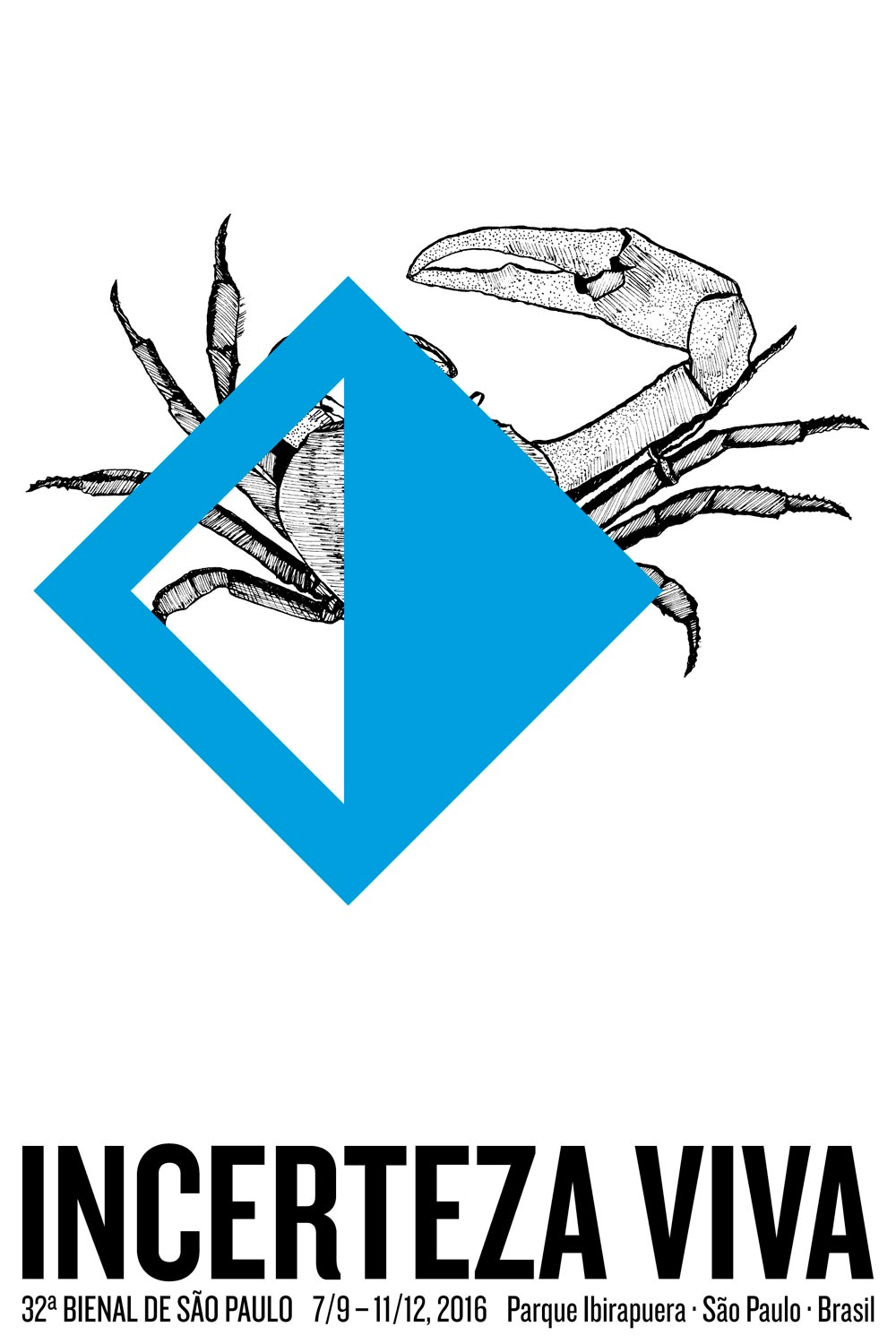As part of the research for the 32nd Bienal de São Paulo and inaugurating its public activities, a series of Study Days will guide the investigative thought leading up to the exhibition. Comprised of seminars that will discuss the thematic panorama with the general public and with agents from different disciplines, the Study Days will be held from March to May of 2016 and will expand the Bienal beyond its temporal and territorial borders, unraveling the concepts that surround Uncertainty. Correlated themes like subjectivity, ghosts, collective intelligence, synergy, ecology and fear will all be up for debate, establishing a dialogue with the contemporary issues mentioned above, as well as with myths, traditions, forms of language and models of education.
Each of the four Study Days will be held in a specific place, which will serve as the starting point for an investigative journey to São Paulo: Cuiabá, the capital of the state of Mato Grosso, in the center of South America and the heart of the cerrado, one of the richest and most fragile biomes in the world. The gateway to the Amazon, bordered on the south by the Pantanal, it’s a land of depleted soil, of monoculture, of species vanished and knowledge forgotten, a place where we could talk of extinction and preservation, abundance and drought. In Santiago, Chile, we look at cosmologies and the enmeshed relationships between art and science, myth and history from a presentday perspective. Accra, Ghana, was a point of return for many slaves from Brazil, a locale of bonds and renewals, projections and collective dreams. The Peruvian Amazon is a locale that contains strong historical layers which we will explore through education and human connections with nature, addressing questions about what is natural and original.
The Study Days will include field trips to cultural centers, traditional communities, ecological reserves, artist studios and centers of reference and research, as well as conferences open to the public, including invited lecturers and local professionals from different backgrounds and disciplines. The proposal is that these meetings will promote an exchange between the projects’ hosts and agents from the regions and that they will provide the basis for a dialogue that seeks to develop ways of thinking and creating together.
After these meetings, there will be a seminar at the Bienal building in São Paulo in June 2016, interlacing the themes and proposals developed during these collaborative investigations. The issues raised will fuel the lineup of public activities during the Bienal and the exhibition. Documentation of the Study Days and the seminar in São Paulo will be published on the Bienal website and a specific printed publication.
Educational Material
The Educational Material is a fundamental tool for the development of educational programs promoted by the Bienal: workshops, mediators training, courses for teachers and social educators, seminars, guided visits and others – before, during and after the exhibition. In 2014, the educational program of the 31st Bienal reached nearly 160 thousand people.
For the 32nd Bienal de São Paulo, a book will be published entitled Incerteza viva [Live Uncertainty] – Artistic and Pedagogic Processes in the 32nd Bienal de São Paulo. The publication, edited by Jochen Volz and Valquiria Prates in collaboration with the Bienal team, brings together curatorial texts on the 32nd Bienal and essays addressing ideas on uncertainty in four dimensions chosen for the educational approach – narratives, education, ecology and cosmology. It will also include texts about the production of twelve artists selected by the curators for this publication, followed by accounts of educational projects put into practice by artists and teachers.
Ten thousand copies of the Educational Material are distributed free of charge to teachers, social educators, mediators, libraries, and cultural institutions throughout Brazil. A digital version of the publication is also made available on the Bienal website, usually reaching nine thousand downloads yearly.
